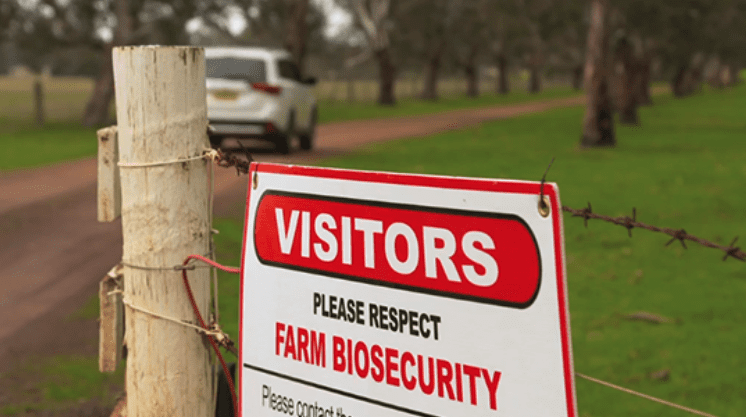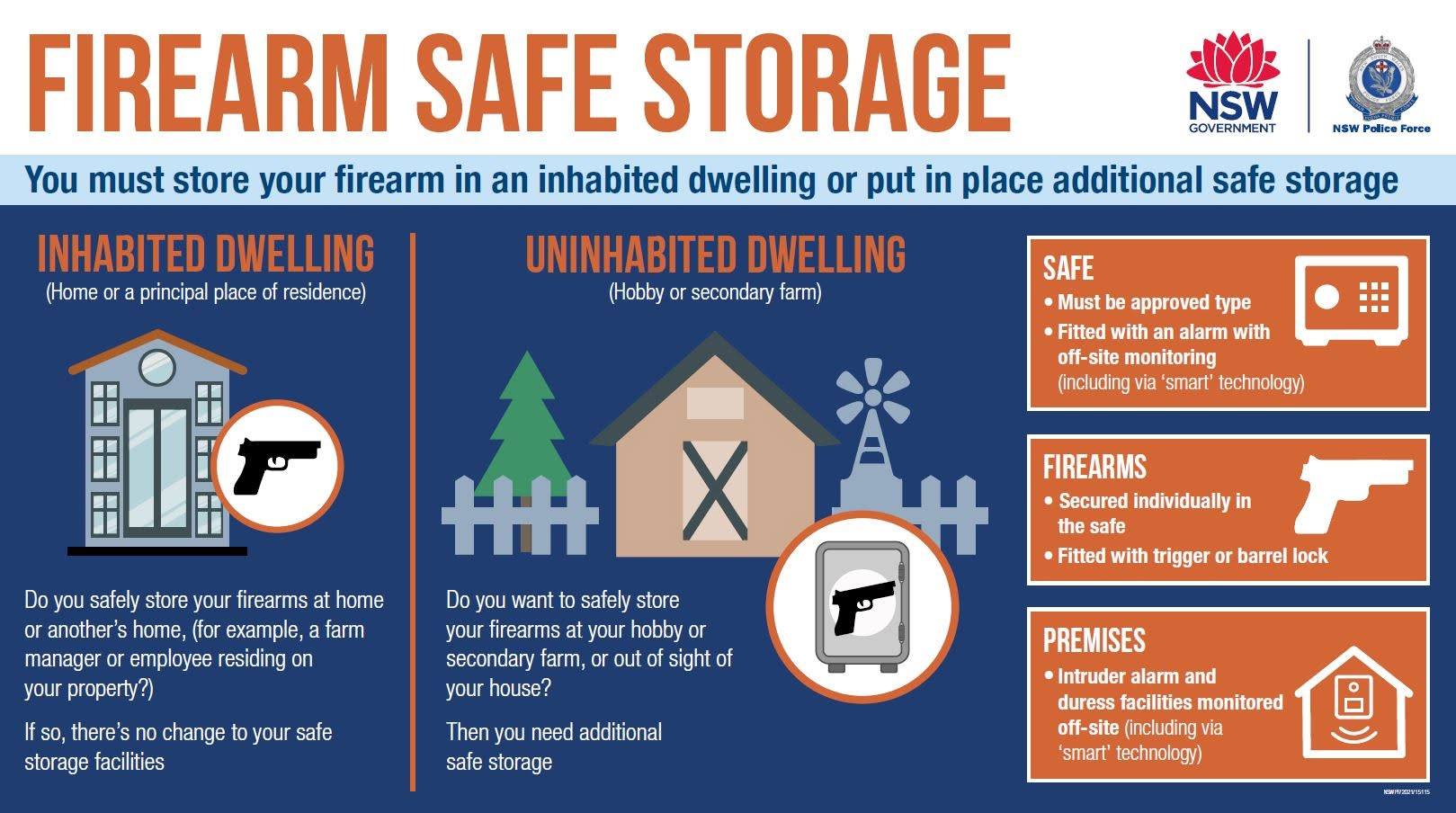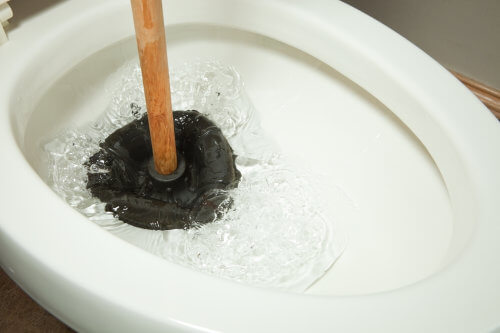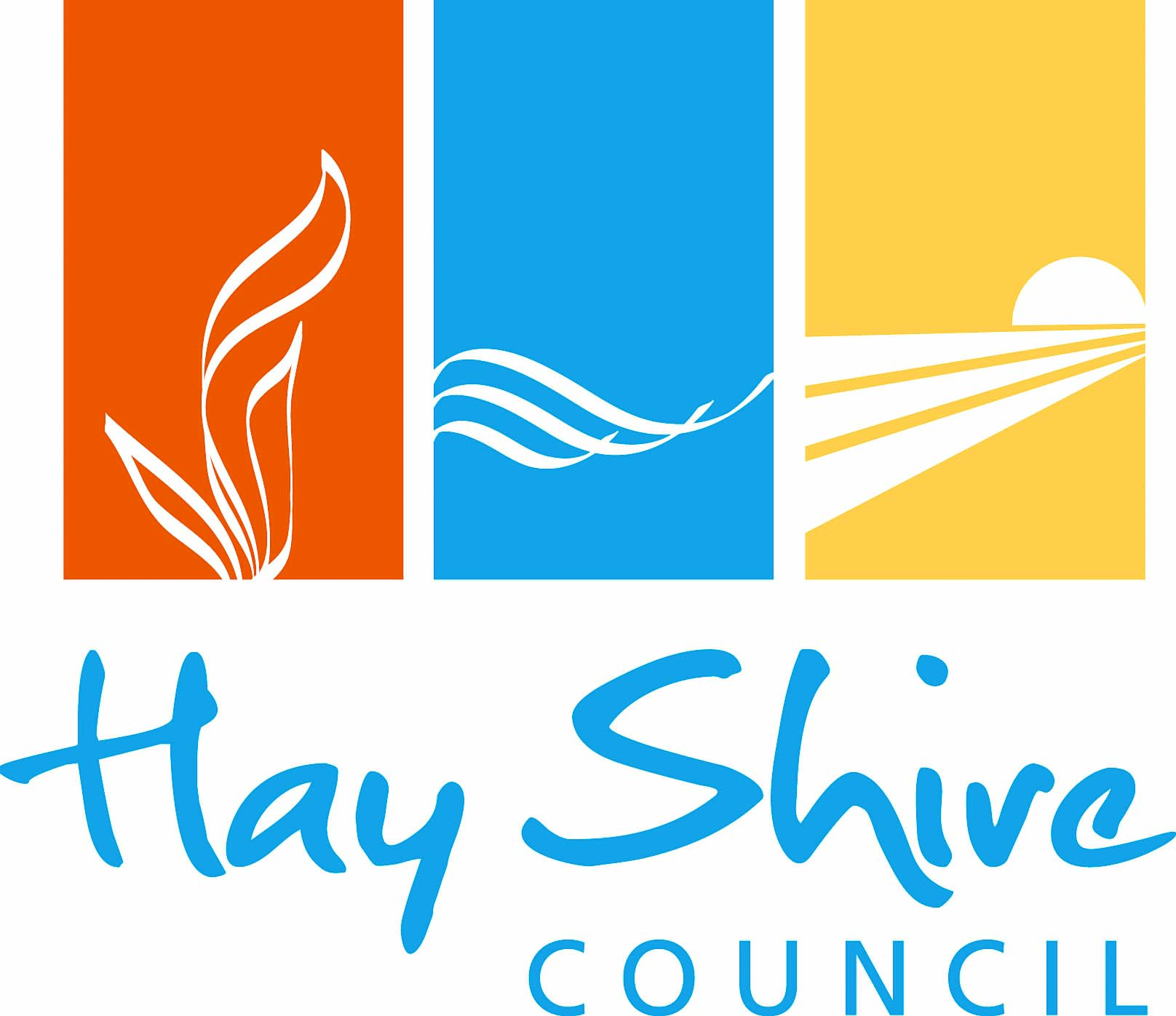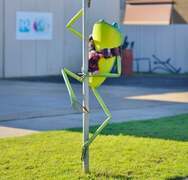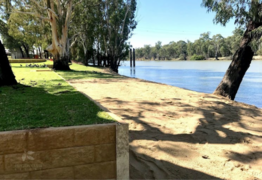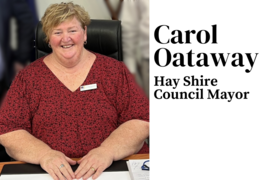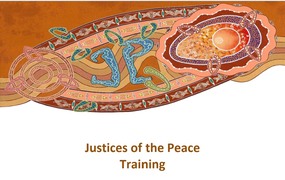New financial year – what the changes mean for you
Krista Schade
13 July 2025, 2:00 AM

The turn of the financial year on July 1 brought with it a raft of changes, from wages and superannuation to social support and daily regulations.
For many, the most immediate impact will be felt in their pay packets.
The national minimum wage has increased by 3.5 per cent, translating to a weekly rate of $948, or $24.95 per hour for a 38-hour work week.
Approximately 2.6 million Australians on the lowest pay rates will benefit, with the new rates applying from the first full pay period after July 1.
Retirement savings are also set for a boost.
The minimum superannuation contribution required from employers will rise from 11.5 to 12 per cent.
This final step in a five-year series of increases is projected to have a substantial long-term effect; for instance, a 30-year-old earning $100,000 annually could see an additional $125,000 added to their superannuation balance by retirement.
Students and recent graduates will also benefit.
The government has announced plans to cut 20 per cent off student loan debts for 3 million Australians.
Furthermore, the income threshold at which individuals are required to commence loan repayments is slated to increase to $67,000, pending the passage of the necessary legislation.
While the base aged pension rate remains unchanged, revised income and asset thresholds mean that more seniors may become eligible for benefits, and current recipients could see increased payments.
From July 1, these thresholds were adjusted to align with inflation, resulting in a fortnightly increase of $34.50 for asset-tested couples and $22.50 for singles.
Similarly, around 2.4 million Centrelink recipients saw a minor increase in their payments, as regular indexation applies a 2.4 per cent rise to payments and thresholds.
Changes are also coming to the National Disability Insurance Scheme (NDIS) as part of its annual pricing review.
From July 1, the maximum rates providers can charge some NDIS participants will be lowered.
This decision follows a review that identified certain limits as being "inflated" or "out of step with broader market rates," aiming to ensure the scheme's sustainability and fairness.
For new parents and carers, the number of paid parental leave (PPL) paydays will increase from 110 to 120, equivalent to 24 weeks.
Additionally, parents will be able to claim this leave up to three months before their child enters their care.
This is part of a progressive expansion of the scheme, which is set to reach a total of 26 weeks by 2026.
On the roads, new enforcement measures are being introduced.
AI-powered surveillance cameras, capable of detecting mobile phone use by drivers, will be deployed nationwide.
In NSW harsher penalties for seatbelt non compliance are now in place, with fines increasing by 3.2 per cent in line with the Consumer Price Index.
NSW will also commence trialling average speed cameras for cars and motorcycles at two locations, calculating average speed over a designated stretch of road.
Environmentally conscious households may benefit from a new initiative.
The Cheaper Home Batteries program will offer a 30 per cent discount on the purchase and installation of home battery systems, making sustainable energy solutions more accessible from July 1.
Support is being extended to tertiary students undertaking crucial practical placements.
Eligible students studying teaching, nursing, midwifery, and social work will now receive financial assistance, with access to $319.50 per week while completing their placements.
NEWS
SPORT
RURAL
COMMUNITY
JOBS
VISIT HAY
VISIT BALRANALD
VISIT OUTBACK NSW
EVENTS
LOCAL WEATHER




